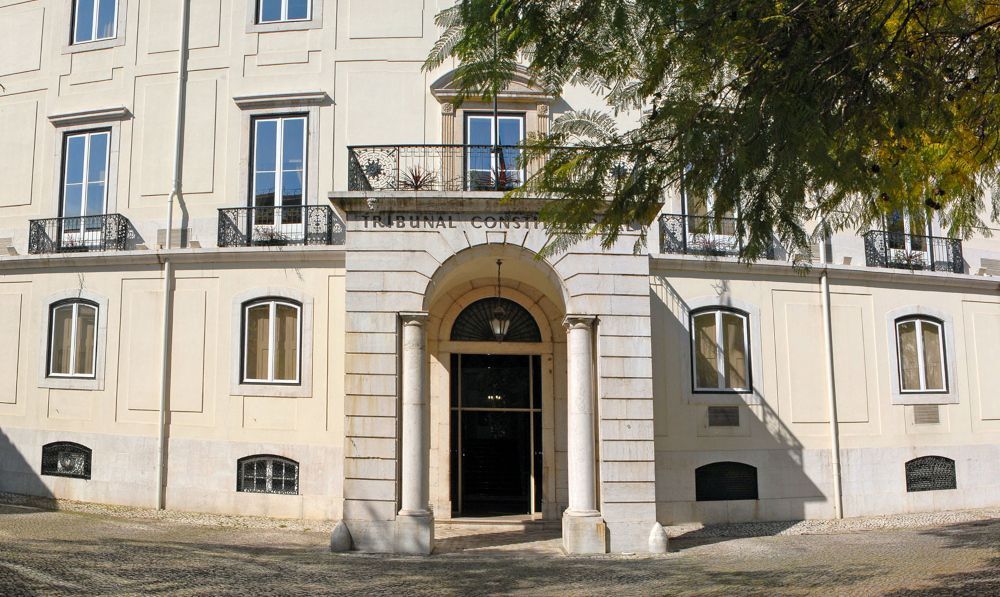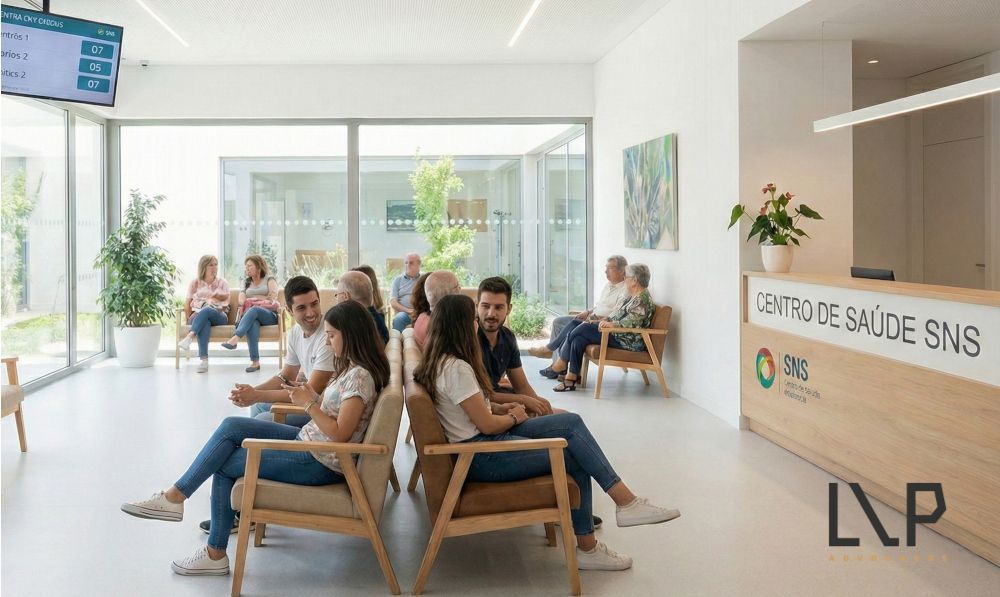Portugal’s Golden Visa Amendments of 30th March 2023
The Habitation legislative package measures have been announced by the Portuguese Government yesterday, after taking into consideration the feedback received during the public hearing period from both private and public entities.
Although the exact wording of the law approved by the Council of Ministers has not yet been released, during the press conference on the Golden Visa program, the Prime Minister made the following statements:
“Since 2012, our country has granted a total of 11,758 residence permits through the special regime for the Golden Visa. However, our experience over the past 11 years has shown that a special regime for the Golden Visa is unjustified. This is mainly because 89% of the investment made under this program has been in real estate, with only 22 of the 11,758 permits resulting in job creation. Therefore, there is no justification for this type of residence permit to continue to be granted under a special regime, and it should be governed by the general law.
To provide security to those who hold visas already granted and their renewal, we have decided that their residence permit will be converted into a normal residence permit, similar to that of any other foreigner living in our country, at the time of renewal, provided they meet the criteria currently stipulated for renewal.
For the pending examination processes, they will be processed in accordance with the general law, which includes provisions for granting residence permits for business investment purposes as well as cultural or scientific research activities. These processes will continue to be treated under the same guidelines and regulations as before.
As a result, any pending processes will be examined in accordance with the general law and will require certification by entities such as AICEP, Banco de Fomento, IAPMEI, the National Innovation Agency, or the Ministry of Culture to demonstrate their economic, scientific, or cultural added value.
This results in a general regime where everyone is treated equally under the general law, ensuring that legal security is not compromised.”
As per the summary released, the document highlights the following point: Termination of the general regime for granting Golden Visas, while allowing the admissibility of residence permits for investment under the terms of the general regime. If approved, the new policy will work as follows:
- As of 16th February 2023, new Golden Visas will no longer be granted.
- For those who have requested Golden Visas but have not yet been granted them, the pending applications will be processed under the residence permit regime for entrepreneurial immigrants, regardless of whether they are pending with SEF or due to prior control procedures in municipalities.
- For those who have already been granted Golden Visas and are up for renewal every two years, their permits will be converted into permits for immigrant entrepreneurs, subject to the meeting of all requirements, and after thorough evaluation by competent authorities to verify the progress of their entrepreneurial projects.”
Based on these statements, several conclusions can be drawn:
- The current situation remains largely unchanged since the Prime Minister's initial announcement on 16th February. While a proposal has been put forth, it has not yet been approved or enacted, and the Immigration Office is still accepting the submission of new applications.
- The government plans to eliminate Portugal’s Golden Visa special regime, however, will still welcome foreign investors through other avenues that prioritise the economic, scientific, or cultural value of their investments.
- No special conditions for the renewal of permits based on real estate investment were mentioned this time.
- The government appears to be considering converting existing Golden Visas into entrepreneurs’ resident permits (D2).
- The government is emphasising the retroactive effect of the forthcoming law.
- When asked about the timeline for the new regulations to take effect, the Prime Minister deferred the matter to Parliament.
Currently, the industry is eagerly anticipating the specific wording of the legislation that will be presented to the Portuguese Parliament for deliberation and potential amendments, likely following the Easter break. Once this is accomplished, the bill must be transmitted to the President of the Republic.
It is anticipated that discussions among the political parties in Parliament will result in some modifications, the specifics of the Golden Visa conversion process into other immigration programs, and the alternative investment programs that will enable individuals to obtain a residence permit.
We will stay vigilant and closely monitor the situation to keep our Clients and Partners informed of any developments that may arise.










